The value of vegan and vegetarian diets are vast. While there are different types of vegetarians, broadly speaking, someone who calls him or herself “a vegetarian,” does not eat meat, fish or poultry. A vegan diet means not eating any meat, seafood, dairy, eggs, or any product derived from animals. Because they prioritize plants, people who follow a vegan or vegetarian diet generally find themselves with lower blood pressure and cholesterol levels, less chance of heart disease and type 2 diabetes, and a healthier weight status. It’s no secret why - lower saturated fat and cholesterol, higher fiber, and more antioxidants are just a few of the reasons.
Vegans have better health outcomes
Even more, people who choose to follow a vegan diet may find themselves with even better health outcomes than their animal-restricting counterparts who don’t quite take it all the way. Someone who follows a vegan diet avoids eating all animal products – meat, fish, poultry, dairy, eggs, honey, and any foods that contain by-products of these items. Scientific literature demonstrates that, as the amount of animal sources in the diet decreases, health benefits increase. And while concerns still remain that vegan diets are difficult to plan, require careful food combining, and aren’t nutritionally adequate, this just isn’t the case.
Vegan diets are more than nutritionally adequate
Whole foods-centered vegan diets are more than just nutritionally adequate. Think about it…a vegan diet equals more plant foods which equals higher nutrient density including more fiber and antioxidant nutrients per bite. Protein is not a concern for vegans who eat beans and peas, nuts, and soy foods such as tofu and tempeh, and calcium needs can easily be met with dairy alternatives and leafy greens such as kale and collards. Since vitamin B12 is only found in animal foods, vegans who choose fortified foods such as cereal or soy products, or who take a vitamin B12 supplement easily get what they need. Even during pregnancy when nutritional needs increase, vegan diets with Vitamin D and B12 supplements are adequate, with the added benefit of extra folic acid from so many fruits and vegetables.
Practically vegan
A vegan diet can be both healthy and practical. Start with one vegan meal per week, one more the following week, and so on.
- Make roasted vegetables the centerpiece of meals. Flatter them with plant-based protein such as steamed tofu or grilled tempeh. Experiment with sauces and dressing.
- Elevate the simple green salad by topping it with beans (a different type each night), nuts and seeds.Try different types of greens and vegetables often.
- Many popular dishes are already or can be made vegan with one or two simple replacements.
Vegan Protein Snacks
There are many ways to get protein on a vegan or vegetarian diet. NuGo Nutrition makes over 20 certified vegan bars, most coated in real dark chocolate. Vegan NuGo Slim contains 16-18 grams of protein. Additionally, all NuGo bars are vegetarian.
The health value of a vegan diet makes it definitely worth a try. If you are considering it, think about ways you have been successful with other lifestyle changes and apply the same approach. As with any change, it may seem complicated at first. Once a new routine is established, however, it will feel like you’ve been doing it forever.

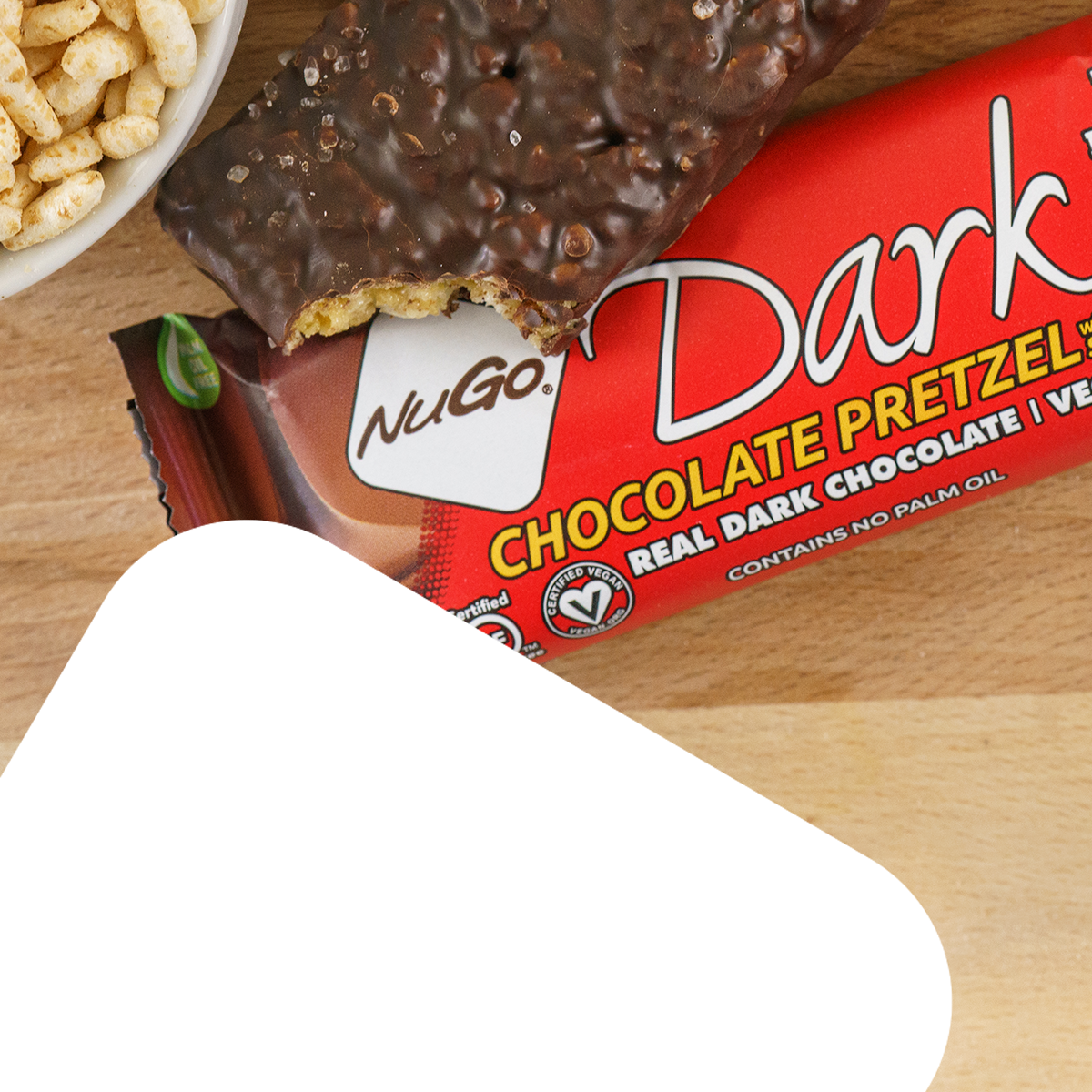
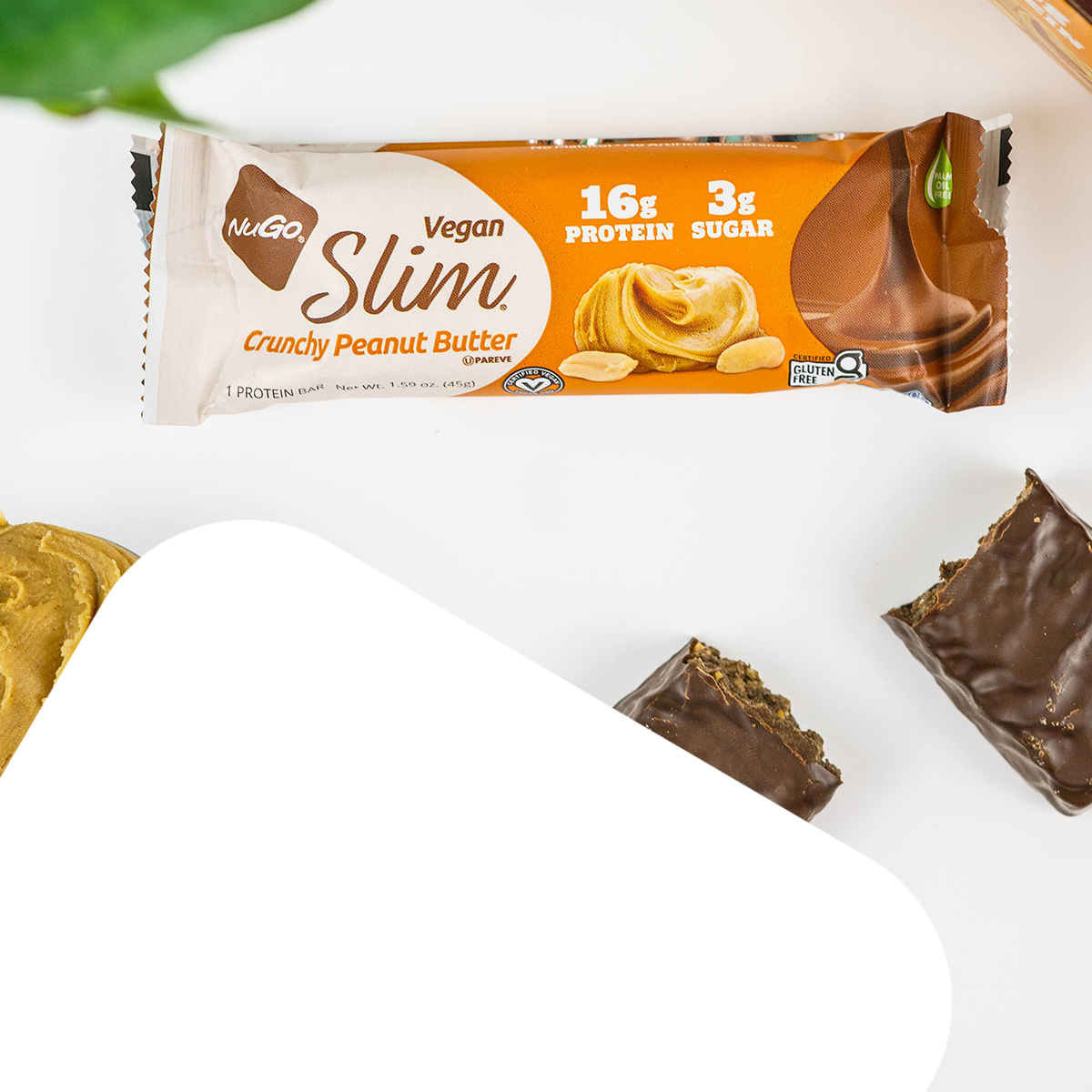
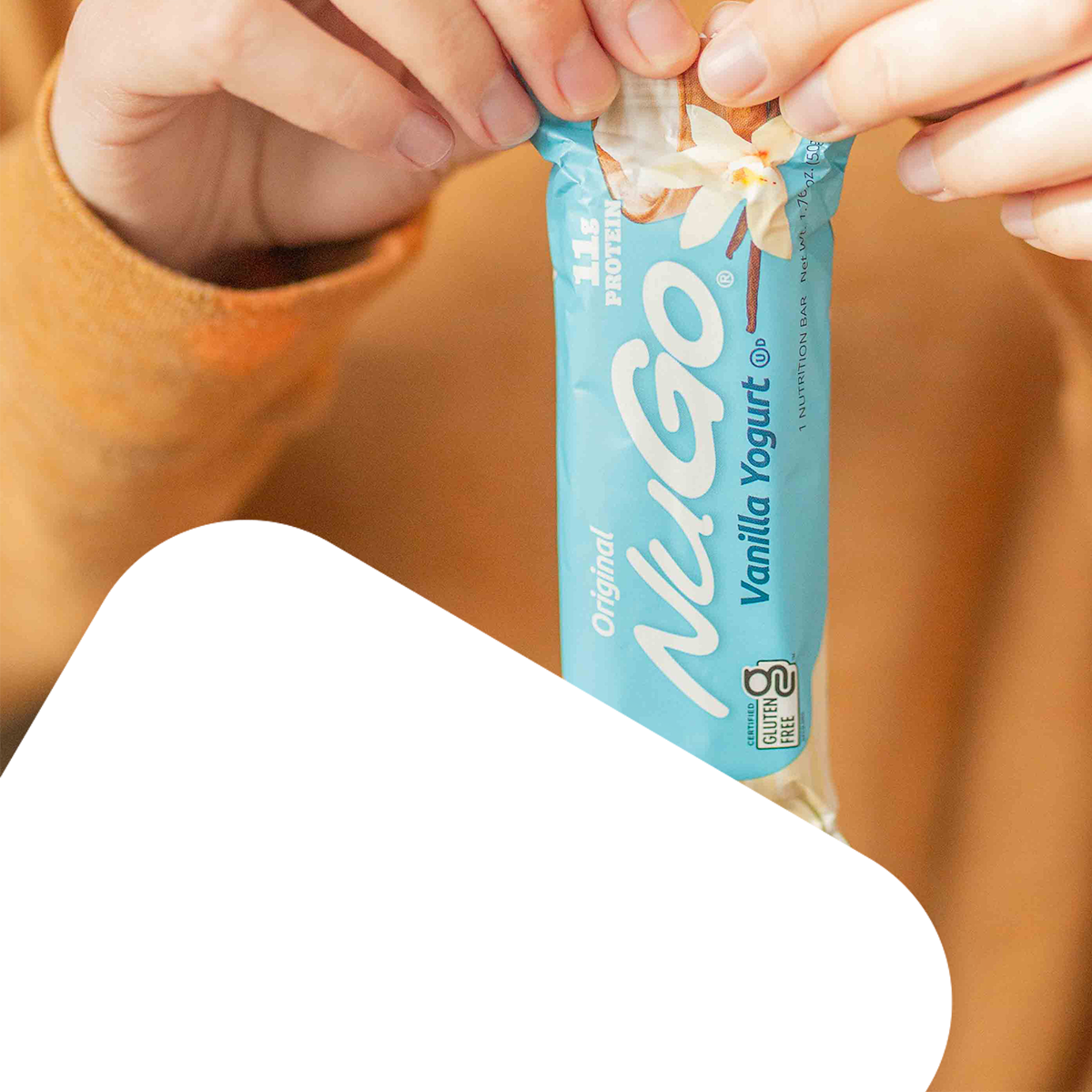
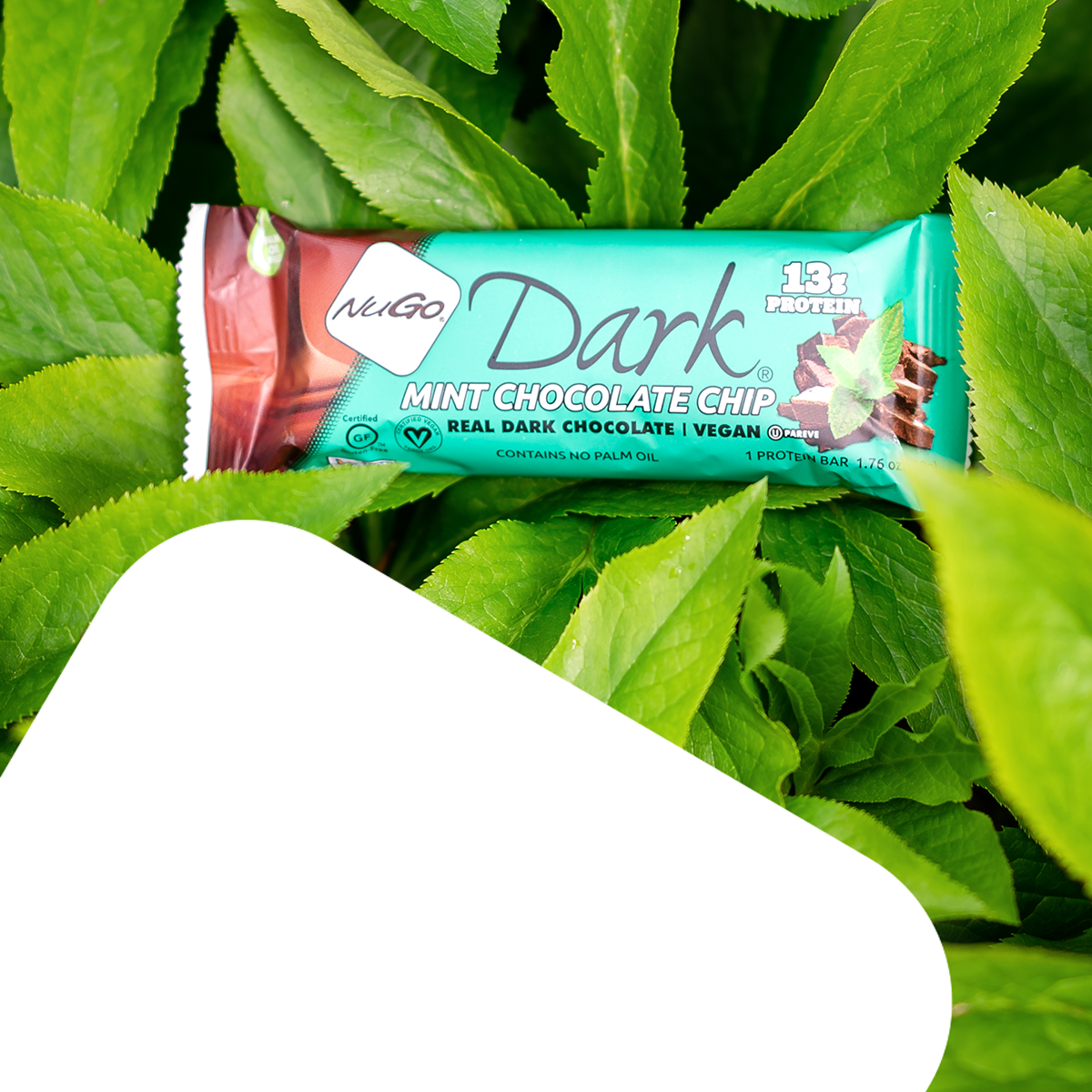

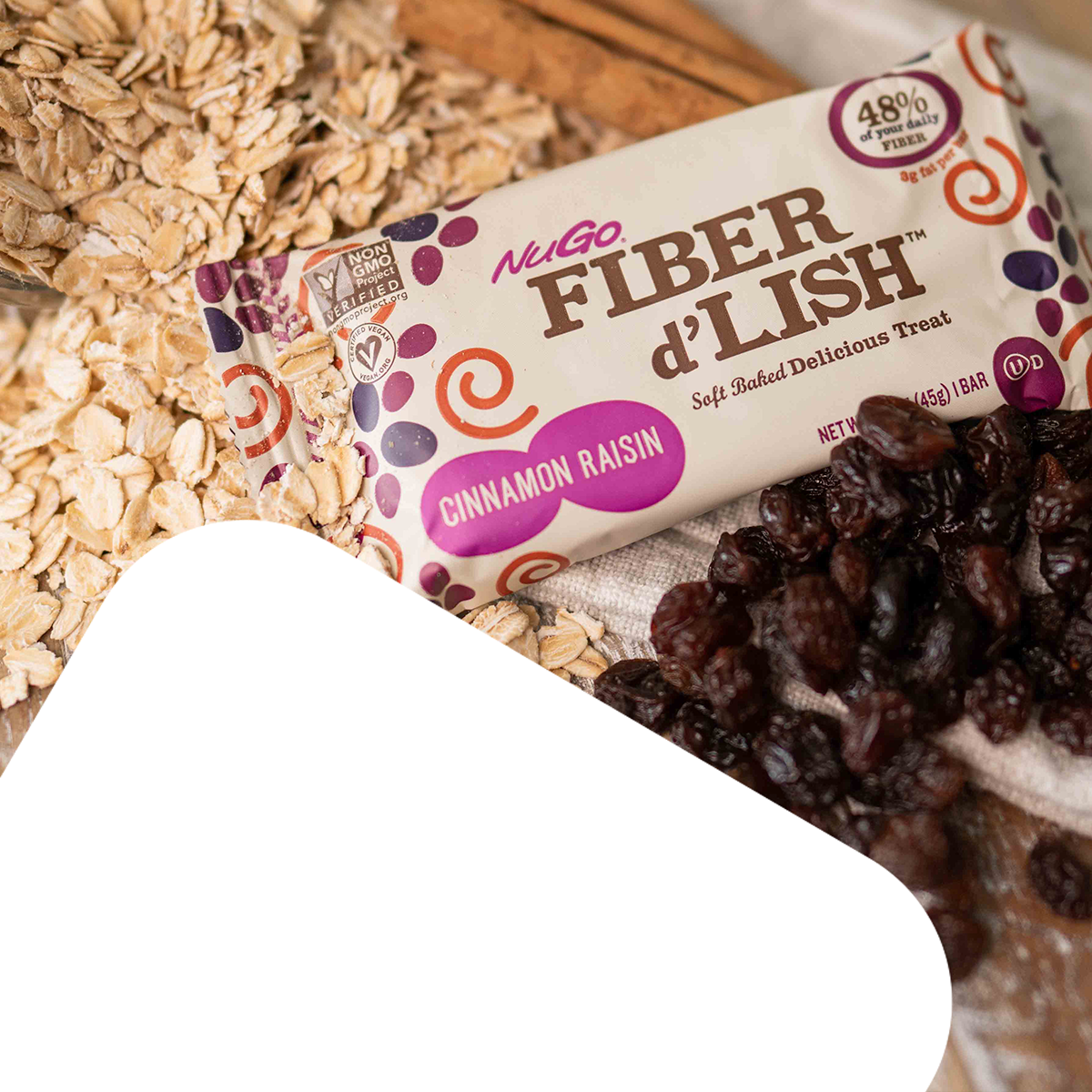



Leave a comment
This site is protected by reCAPTCHA and the Google Privacy Policy and Terms of Service apply.